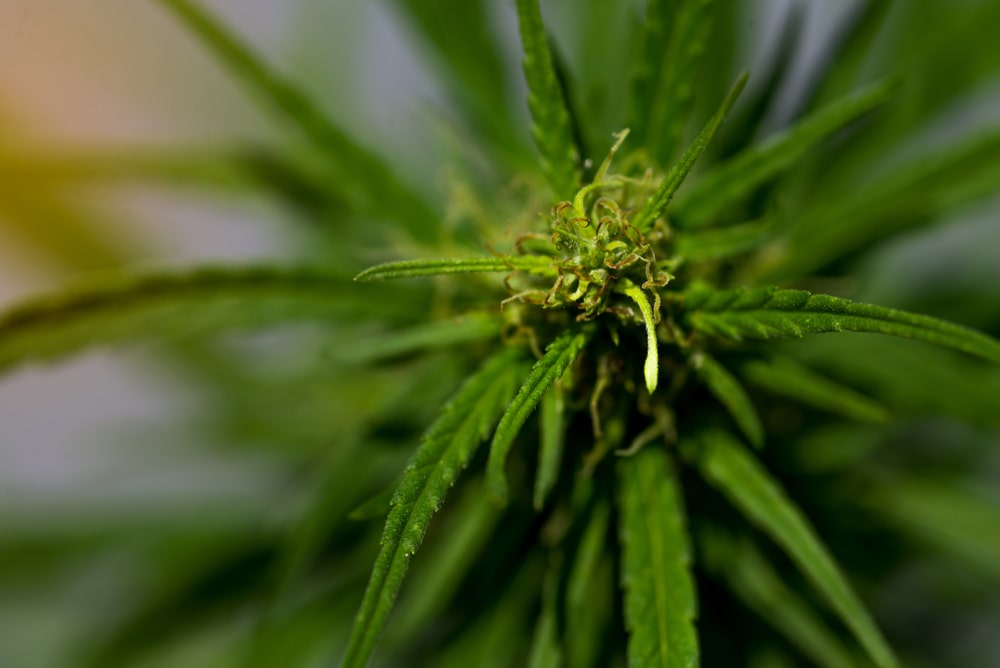FREE SAME-DAY SHIPPING ON ORDERS OVER $99.99
With the 2018 Farm Bill, lawmakers finally removed hemp as a controlled substance. And with the lifting of this restriction, the entire country was witness to the boom of the hemp industry which stands today as one of the fastest growing markets in the United States. Paving the way for farmers and businesses to discover brand new opportunities, the law has also made hemp available to individuals who need it for a variety of reasons.
But then again, it’s not all rainbows and butterflies. Because of the close relationship between marijuana and hemp, some local governments are struggling to direct their law enforcement officers on the proper implementation of marijuana laws without trampling the freedom to use hemp.

The state of North Dakota has legalized the use of marijuana for medicinal purposes, and has decriminalized the recreational use, possession, sale, and cultivation of the herb. So while it does remain illegal, the penalties for these violations are far less grave than those in states that treat marijuana offenses as criminal violations.
Under the law, the only thing that differentiates marijuana and hemp is the extent of the presence of THC. Tetrahydrocannbinol or simply called THC is the psychoactive compound found in the cannabis plant. When expressed at 0.3% or under, the resulting yield is considered hemp. If THC exceeds this number, then the herb is considered marijuana.
But more than this chemistry, there isn’t anything that can help law enforcement agents tell the two herbs apart. What that means is that when placed side by side, no one can tell for sure which herb is marijuana and which is hemp. That’s because they come from exactly the same plant, and only their THC content designates them as either of the two herbs.
For law enforcement agents, this can be a dilemma. So the best way to find out would be to take the sample and send it to a lab for testing. Now, unless you’re willing to have your hemp taken away to be tested for THC, you might want to consider leaving your raw hemp flower at home.
Hemp edibles are about as common as candy. Available almost everywhere, these products are offered in a wide variety that caters to every taste and preference. And because they add a touch of fun to the entire hemp user experience, it comes as no surprise that hemp edibles are considered the most popular products on the market.
However according to the FDA, they’re not exactly what you would call legal. Based on their recommendations, hemp extract isn’t approved as a health supplement or a food additive. So not only are hemp edibles supposed to be illegal, even products llike oils, tinctures, and capsules shouldn’t be available to the public until the FDA approves them.
Even then, it seems that there isn’t any intention to act on these regulations. Aside from the fact that law enforcement seems to let vendors sell these products through brick and mortar establishments like convenience stores and gas stations, there also isn’t any attempt to regulate the movement of such products between borders.
So are edibles illegal? They are. But can you use them anyway? Yes.
Here’s another tricky question where marijuana overlaps with the freedom to use hemp. According to the law, hemp is any part of the cannabis plant containing less than 0.3% THC. Anything more than that means that the harvest is marijuana and not hemp.
The reason why individuals can’t grow hemp without a license is because both of these herbs come from the same plant. And the only way to make sure that the THC expression in the final harvest matches government standards of 0.3% or less, farmers need to have extensive knowledge and practical skill which can be proven by a state-granted license.
North Dakota has yet to fully legalize marijuana, but their government is trying hard to make sure marijuana laws don’t step on their citizens’ freedom to use hemp. And while you might not be able to smoke raw hemp flower in public or grow your own hemp just yet, the fluid movement of other hemp-derived and infused products throughout the North Dakota market provides substantial freedom and variety for all of their locals.
[starbox id=3]